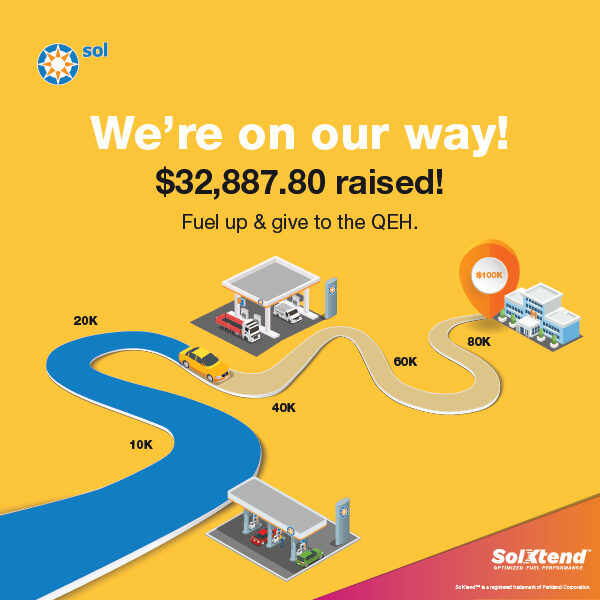THE LAST ARTICLE discussed the relative high cost of raising a child as a prized investment of parents. Today, let us consider the return on this investment, the ROI.
Research statistics in the United States reflect that less than 50 per cent of adult children contribute to the care of their parents. In fact, the older households in the family continue to give large financial or significant material gifts to their children, and furthermore less than 20 per cent of parents receive any significant transfers from their children. Is the experience in our country any different, do you think?
So, considering the time value of money, there is no doubt that there will generally be a large negative ROI on the cost of raising a child. Furthermore, with the cost of raising a child rising dramatically, those who may be thinking of raising children as part of a retirement plan or as an investment vehicle, should stick to just thinking about it. The peculiar exceptions would be children who may be extraordinarily successful, like superstar singer Rihanna, who may use their world-class financial earnings to improve radically the lot of their parents.
Thank God that financial gain is the last thing on parents’ mind as parents build their families. Yes, the significant sacrifice of time and money that will be required is usually considered. As their rewards, most parents look forward to the love and fun of having a family, to sharing their lives and values with another human being bearing their DNA, and who is likely to outlive them and keep their legacy to the world.
Parents provide the investment of time, care, love and ongoing support, moral and financial, of each child. This investment is targeted at raising a child who has good moral values, and who is optimally educated, trained and developed to face the diverse challenges of adult life.
Parents’ circumstances differ. For very wealthy parents, little consideration may be given to the cost of preparing their child for life; for example, only the best private schools may be worthy. For instance, parents who can afford it may pack their teenager off to boarding school in North America or Europe at high cost, given that money is no problem.
However, for parents of modest means and those who plan more conservatively, it is useful to consider how best you can help your child launch their life into young adulthood and onwards. How do you make the investment in raising a child successfully to be your prized legacy to the world?
First, let each child know as early as possible that you hold them responsible in part for their tertiary education, training and development. You, as parent, will be willing to help them financially, yet the child needs to be conscious of the significant investment that tertiary education and training may entail.
Thus, in order to increase the chances of being in a position to jointly, as parent and child, afford the child the best (yet likely higher cost) opportunities possible, the parent may deliberately reduce the cash investment in the early years of the child’s life, saving and investing towards supporting such later expenses.
For a family with multiple children, the cost of raising each child is likely to be lower per child than the cost of raising an only child. However, the overall cost will be higher. For sure, it will help the overall goal if children are raised to appreciate the value of a dollar, and specifically raised to understand that nothing is free. From as early as possible, children should be encouraged to do chores around the home and eventually understand the need to work, earn, save and invest.
• Louise Fairsave is a personal financial management adviser, providing practical advice on money and estate matters. Her advice is general in nature; readers should seek advice about their specific circumstances. This column is sponsored by the Barbados Workers’ Union Co-op Credit Union Ltd.

